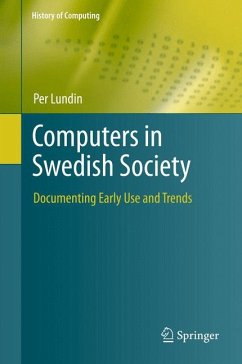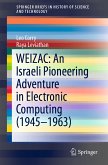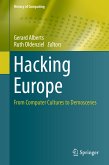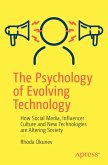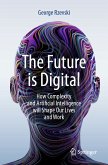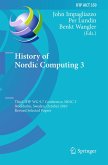Computers in Swedish Society reviews this shift in the historiography of computing from inventors and innovations to a user-perspective, and examines how the relevant sources can be created, collected, preserved, and disseminated. The text describes and evaluates a collaborative project in Sweden that documented the stories of around 700 people, and obtained extensive donations of archival records and artifacts. The book also provides a critical discussion on the interpretation of oral evidence, presenting three case studies on how this evidence can inform us about the interaction of computing with large-scale transformations in economies, cultures, and societies.
Topics and features:
- Describes a historiography aimed at addressing the question of how computing shaped and transformed Swedish society between 1950 and 1980
- Presents a user-centered perspective on the history of computing, after explaining the benefits of such an approach
- Examines the documentation of users, describing novel and innovative documentation methods such as witness seminars and Internet-based collections of memories
- Discusses the pros and cons of collaborative projects between academia and industry
- Provides case studies on the interpretation of oral evidence, dealing with social networks and flows of knowledge, users and uses of technology, and the materiality and geography of computing
The methods and documentation of users described in this unique text/reference will not only be of great interest to historians of computing, technology, science and medicine, but also to researchers in science and technology studies, in library and information studies, and in ethnography, ethnology and folkloristic studies.
Dieser Download kann aus rechtlichen Gründen nur mit Rechnungsadresse in A, B, BG, CY, CZ, D, DK, EW, E, FIN, F, GR, HR, H, IRL, I, LT, L, LR, M, NL, PL, P, R, S, SLO, SK ausgeliefert werden.
"Computers in Swedish Society has something of interest to anyone planning an oral history project (particularly one around technology), and to those interested in the early adoption of computers or in the role of users in shaping technology. For oral historians there is much valuable practical advice and methodological discussion, particularly around the comparison of different means of personal testimony gathering." (Thomas Lean, Oral History, Vol. 42 (2), 2014)

